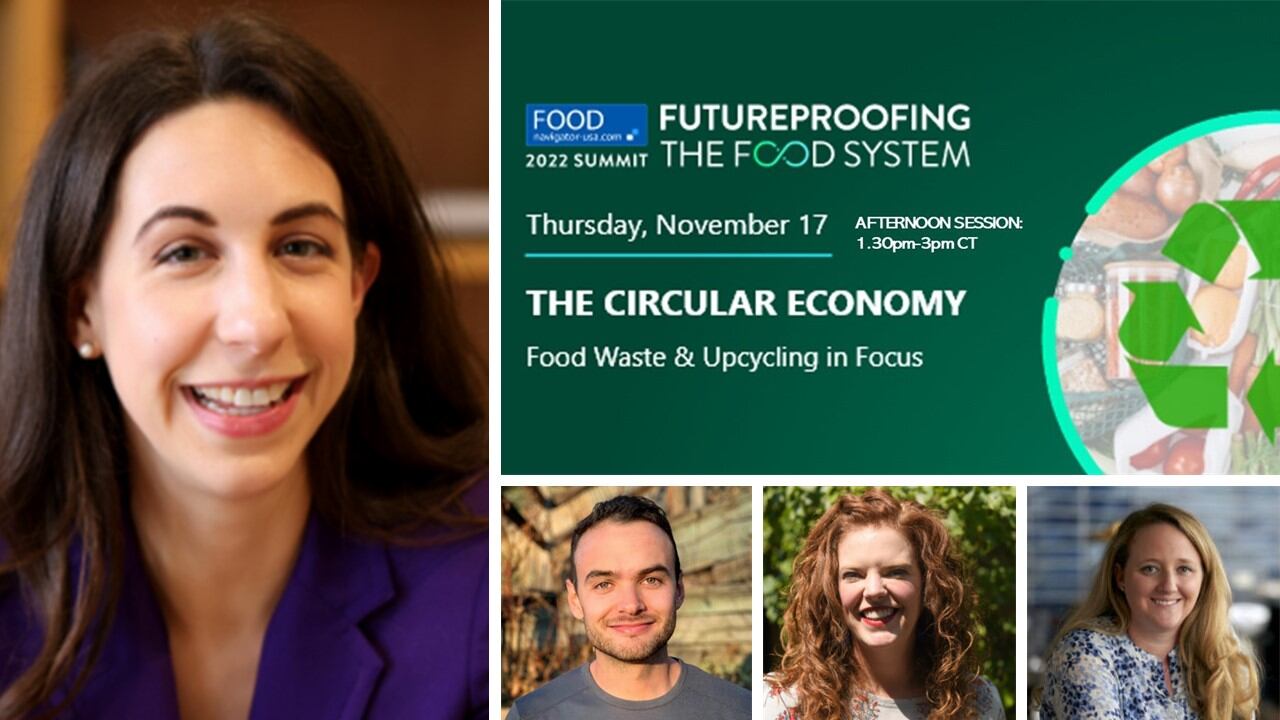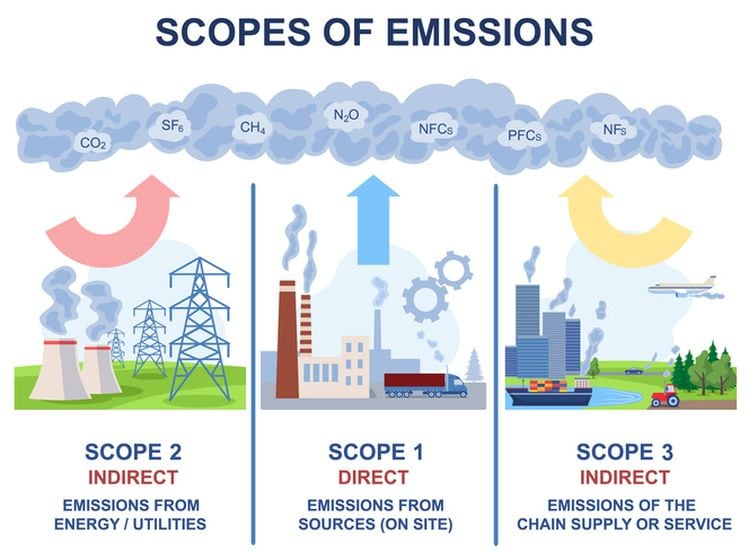First published 20 years ago, FTC’s Guides for the Use of Environmental Marketing Claims are designed to help marketers avoid making environmental claims that mislead consumers by outlining how consumers likely will interpret particular claims, how marketers can substantiate their claims and how they can qualify their claims to avoid deception.
In the ten years since the Green Guides were last updated formally, consumer expectations and company commitments to environmental, social and governance goals have evolved – and so too have types of marketing claims made in response, FTC Chair Lina Khan said during an open FTC meeting Dec. 14.
“Many Americans want to know about the environmental impact of the products they’re looking to buy, and businesses as a result are routinely making claims about the sustainability or the carbon footprint of their products and manufacturing. But for the average consumer, it is really impossible to be verifying these claims,” she said.
“And so,” she added, “it is critical that businesses are making truthful claims and representations – when you have deceptive claims they can distort the market for environmentally-friendly products and also hurt honest companies who are bearing the cost of green business practices.”
While she said that the Commission has a robust track record of suing companies for deceptive marketing claims and has tried routinely to updated the Green Guides to ensure companies are “on notice about what types of claims are lawful and those that might be misleading,” she noted a number of issues have come up since the last formal revision.
Carbon offsets, net zero claims, biodegradability in crosshairs
For example, she said additional or more specific guidance may be needed around carbon offsets, net zero claims, alternative substantiation methods, biodegradability claims and claims that products are organic.
Industry stakeholders at and ahead of the meeting also called out potential areas of confusion that they would like FTC to consider when formally reviewing the Green Guides.
Consumer Brands Association seeks clarification of ‘environmental benefit claims’ and recycling instructions
The Consumer Brands Association in formal comments submitted to FTC ahead of the meeting noted, "the distinction between environmental benefit claims as opposed to instruction which direct consumers how to recycle products have amplified confusion in the marketplace, and consequently the potential for consumer deception.”
For example, claims that cartons can be recycled or that packaging is compostable may be true, but not all consumers have access to necessary infrastructure to execute against these claims. As such, some shoppers may opt for a more expensive product based on their perception that a package is more environmentally-friendly, whereas in their community the package is ultimately handled the same way as a package that is not advertised as a more sustainable option.
CBA acknowledge in its comments to the FTC that “there is a lack of clarity for consumer and regulatory certainty for industry that has been exacerbated by lack of uniform federal standards, a patchwork of state approaches to environmental claims and recycling systems, as well as litigation.”
CBA’s senior director and associate general counsel added in the comments that “taken as a whole, these leave consumers, industry and the environment underserved,” and that a comprehensive update of the Green Guides “in a way that speak to current marketplace dynamics with actionable guidelines” is “crucial.”
Chemical recycling standards requested
The American Chemistry Council also wants FTC to update the Green Guides to include additional guidelines related to chemical recycling to support its goals of ending plastic waste.
The council has set ambitious goals to make all plastic packaging reusable, recoverable or recyclable by 2040 and has proposed a national recycling plastic standard that would require all plastic packaging include at least 30% recycled plastics by 2030.
But, as Prapti Muhuri, ACC’s manager of recycling and recovery explained to the FTC during the open meeting, “for these ambitious targets to be met we need to accelerate the growth of innovation and technologies, such as … chemical recycling. These must be supported by credible tracking mechanisms, such as mass balance chain of custody, that allows brands to make claims of meeting [these targets] and inspire consumer trust.”
For this reason, she said, “we encourage the FTC to open the Green Guides for review and consider including guidance related to advanced chemical recycling claims, mass balance, as well as maintaining the current 60% access metric for unqualified claims for recyclability.”
Third party certifications may not be enough
As consumer interest in purchasing more sustainable products has increased so too has their skepticism with accusations of greenwashing abounding, American Apparel Footware Association’s director of sustainability Chelsea Murtha told FTC during the meeting.
She noted that many companies increasingly rely on third-party certifications to substantiate environmental marketing claims, but that updated guidance from the FTC “would be most welcome” to help identify false and misleading environmental claims in a way that third-party certifiers cannot and ensure environmental claims are straightforward and accurate.
Next steps
Acknowledging these suggestions as fodder for a full regulatory review of the Green Guides, Khan agreed that “there is no doubt that to be effective, these guides have to keep pace with developments in both science and consumer protection and consumer perception,” which is why she said she voted in favor of a regulatory review of the guides.
With the rest of the Commission’s representatives in full agreement at the meeting, FTC will move forward with seeking public commentary through a Federal Register notice as part of its standard review process of the Green Guides.
Further reading:
- Will ‘carbon neutral’ claims land brands in legal hot water? Danone sued over Evian eco claims
- WATCH: Environmental scientist: ‘Climate neutral' and 'climate positive' food does not exist… yet
- Measuring and communicating sustainability: ‘The biggest challenge right now is the pace of change,’ says Ingredion VP




